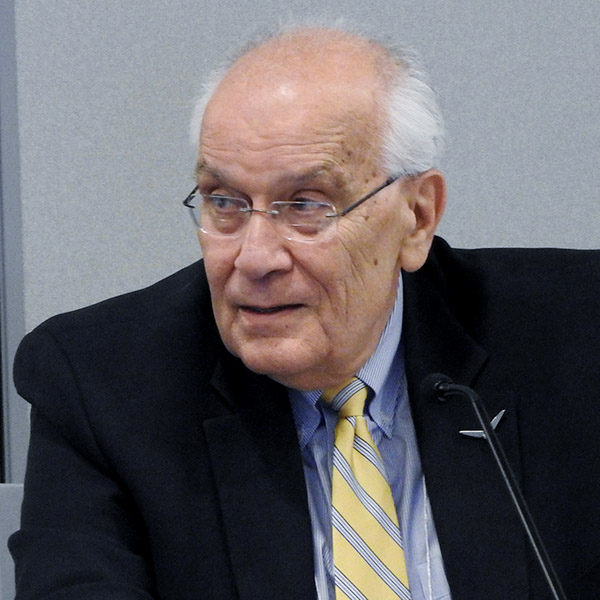A Texas appeals court last week reversed a Public Utility Commission’s scarcity-pricing order and remanded it back to the PUC for further proceedings.
The Texas 3rd Court of Appeals ruled June 1 that the commission violated the state’s Administrative Procedure Act’s (APA) rulemaking provisions when it approved an ERCOT protocol change related to pricing during certain extreme events. It also agreed with the lawsuit’s appellants, RWE Renewables Americas and Hereford Wind, that the order constitutes a “competition rule” and that the PUC exceeded its statutory authority with its approval (No. 03-21-00356-CV.)
The PUC declined to comment on what action it would take, saying agency policy is not to comment on pending litigation.
Attorney Katie Coleman, who represents market participants before the PUC, tweeted the ruling “could have implications for other major [revision requests] that were adopted without following the APA.”
At issue is a nodal protocol revision request (NPRR 1081) that the commission approved in July 2021, following its endorsement by the ERCOT board. The appeals court said the commission did not follow the APA in adopting the rule, as required by a legislative change passed during that year’s session.
“From our review, we conclude the commission complied with few, if any, of the requirements of [the] APA,” the court wrote. “The myriad ways in which the commission failed to comply with mandatory APA requirements for adopting or amending a rule cannot be characterized as ‘technical defect[s]’ … its actions in approving NPRR 1081 do not qualify as ‘substantial compliance’ with the APA’s mandatory rulemaking procedures.”
The NPRR modifies the real-time on-line reliability deployment price adder’s calculation so that, when combined with system lambda and the real-time on-line reserve price adder, it is equal to the value of lost load when ERCOT directs firm load shed during a level 3 energy emergency alert. The NPRR results in real-time energy prices clearing at the high system-wide offer cap, which was $9,000/MWh when it was adopted. (The PUC later reduced the cap to $5,000/MWh.)
ERCOT’s Independent Market Monitor filed the proposed change as a “more permanent solution” modifying the reliability deployment’s adder. The PUC told the appeals court that because not all demand can be served with available generation during firm load shed, “wholesale market prices should reflect that extreme scarcity and rise to the high systemwide offer cap.”
RWE and Hereford Wind filed a direct appeal challenging the order’s validity the same month it was issued by the PUC. They asserted the commission does not have the statutory authority when ordering load shed under EEA3 “to replace the price of electricity being set by the market with an inflated, fixed price set by the government.”
ERCOT and the PUC came under heat from the IMM and market for keeping prices at the systemwide cap while bringing the grid back from a near-collapse during the February 2021 winter storm’s frigid temperatures. (See “Monitor: $16B ERCOT Overcharge,” ERCOT Board Cuts Ties with Magness.)
The commission argued that its order is not a “competition rule,” which the Texas Utilities Code allows to be challenged. However, the court found that NPRR 1081 falls within the APA’s definition of “rule” — “a state agency statement of general applicability” that “implements, interprets, or prescribes law or policy” — and within the term “competition rule,” allowing it to be challenged through the direct-appeal process.
Pointing to its March ruling reversing the PUC’s orders to keep prices at the $9,000/MWh cap during Winter Storm Uri, the court said it was bound by the precedent and held that NPRR1081 “exceeds the commission’s statutory authority and is therefore an invalid rule.” (See Texas Court Reverses PUC’s Uri Market Orders.)
The appeals court also rejected the PUC’s argument that the revision request constitutes a rule because ERCOT’s stakeholder process “substantially complied with the APA’s requirements for agency rulemaking.” The court said the commission failed to meet the APA’s requirements, which include: (1) notice, (2) public participation, and (3) contents of the agency order.
“Because we conclude that the commission has failed to demonstrate that it substantially complied with the APA rulemaking procedures, we hold that NPRR 1081 is, for that separate reason, an invalid rule,” the court said.
